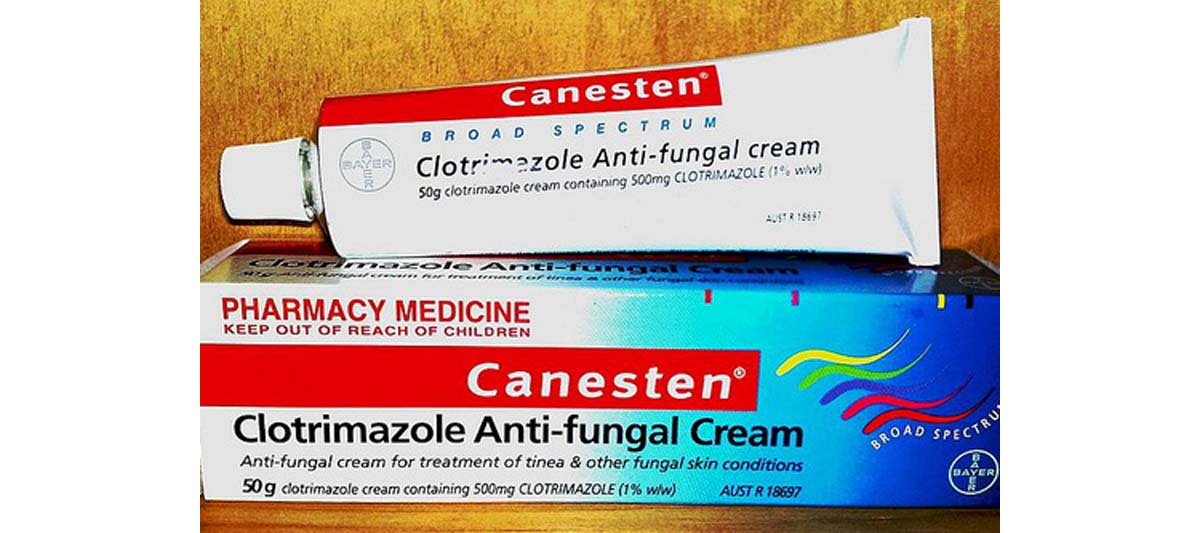

Discuss with your healthcare professional the use of your medicine with food, alcohol, or tobacco. Using alcohol or tobacco with certain medicines may also cause interactions to occur. Other InteractionsĬertain medicines should not be used at or around the time of eating food or eating certain types of food since interactions may occur. Tell your healthcare professional if you are taking any other prescription or nonprescription (over-the-counter ) medicine. In these cases, your doctor may want to change the dose, or other precautions may be necessary. Drug InteractionsĪlthough certain medicines should not be used together at all, in other cases two different medicines may be used together even if an interaction might occur. Weigh the potential benefits against the potential risks before taking this medication while breastfeeding. There are no adequate studies in women for determining infant risk when using this medication during breastfeeding. However, some elderly patients may be more sensitive to the side effects of this medicine. GeriatricĪppropriate studies performed to date have not demonstrated geriatric-specific problems that would limit the usefulness of ketoconazole topical in the elderly. Safety and efficacy have not been established. For non-prescription products, read the label or package ingredients carefully.Īppropriate studies have not been performed on the relationship of age to the effects of ketoconazole topical in children younger than 12 years of age. Also tell your health care professional if you have any other types of allergies, such as to foods, dyes, preservatives, or animals. Tell your doctor if you have ever had any unusual or allergic reaction to this medicine or any other medicines. For this medicine, the following should be considered: Allergies This is a decision you and your doctor will make. In deciding to use a medicine, the risks of taking the medicine must be weighed against the good it will do. This product is available in the following dosage forms:

However, your doctor may have special instructions on the proper use for your medical condition. Some forms are available without a prescription. Most forms of this medicine are available only with your doctor's prescription.
Ketoconazole cream skin#
This medicine may also be used for other fungus infections of the skin as determined by your doctor. Ketoconazole 2% shampoo is used to treat "sun fungus" (tinea versicolor pityriasis versicolor). Ketoconazole 1% shampoo is used to treat dandruff. Ketoconazole foam or gel is used to treat seborrheic dermatitis (scaly areas on your skin or scalp). Yeast infection of the skin (cutaneous candidiasis). "Sun fungus" (tinea versicolor pityriasis versicolor) and Ringworm of the groin (tinea cruris jock itch) Athlete's foot (tinea pedis ringworm of the foot)


 0 kommentar(er)
0 kommentar(er)
